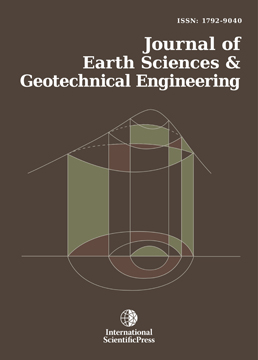Journal of Earth Sciences and Geotechnical Engineering
Dams Safety: Inspections, Safety Reviews, and Legislations
-
 [ Download ]
[ Download ]
- Times downloaded: 10000
Abstract
When a dam is built, its safety becomes a constant concern for the owner, the public and for governments. Therefore, continuous observation through routine inspections and safety reviews become necessary. Acting as protectors of public safety, governments and professional organizations save no effort in the promulgation of legislations and laying out guidelines for such inspections and reviews. These issues are discussed here starting with the basic first step of visual inspections by the operators and the follow up of detailed safety reviews by specialists. Careful visual inspections assisted by instrumentation measurements may reveal an early negative issue such as, but not limited to, increased seepage, increased uplift pressure, signs of weakness like cracking in the body of the dam, or damsí slope sloughing, and even damaged hydraulic control equipment. Documenting and reporting these observation helps in taking remedial measures in good time and may lead to more intensive safety reviews. Suggested check lists for the inspection engineers are given here, but these may be tailored for each dam according to its needs. These lists cover issues common to both embankment and concrete dams, and include other specific issues related to each type of them. Metal equipment take their share by listing such areas as corrosion, fatigue and cracking, tear, and wear and so on. Instrumentation measurements are also given their due consideration by giving brief mention of types of measurements needed and points to be observed in instrumentation control work. Finally, guidelines, rules, and legislations for Dam Safety Reviews are generally discussed giving examples from four countries in the world.
Keywords: Normal Human Caused Incidents, Extraordinary Human Caused Incidents, SCADA Systems, ICS System, Software, ICT Technology, Cyberspace, digital technology, Remote Control, hackers, terrorism.
